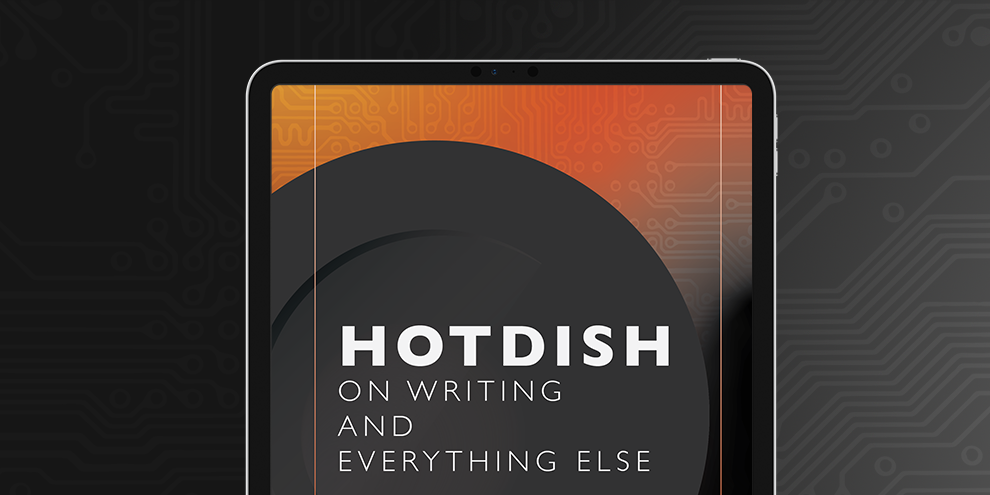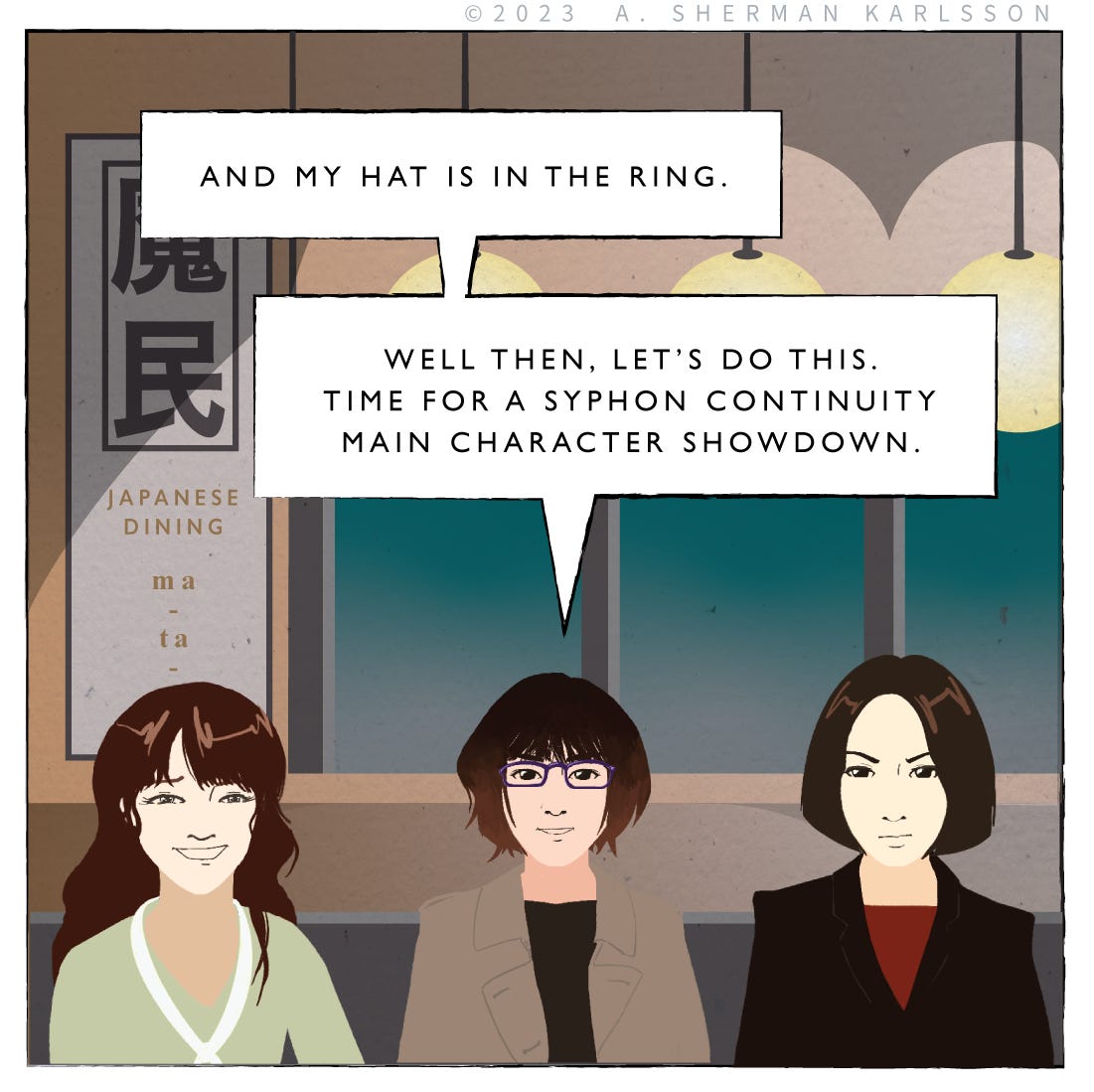Thoughts on the Main Character


I’ve spent an embarrassingly large percentage of my life enrolled in higher education. Graduate school, in particular, turns out to be a habit that is surprisingly hard to quit. Two significant takeaways from all my time in school about good presentation skills and good writing: 1. Never read from your PowerPoint slides, and 2. Never start an essay with a dictionary definition.
Anyway, Dictionary.com defines a main character as the “hero or protagonist [who] is usually the most important character in the story.” Now that you’ve met Cameron Green, you might be asking yourself, “why did this author write a book set in Japan where the main character is a straight, white, cisgender, upper middle class American man?”
The short answer is that I didn’t. Though Cameron may be a hero or protagonist (you can decide for yourself at the end of the story), he is certainly not the main character. Candidly, I’m not certain who is—see the links below for the short webcomic arc I created where the characters duke it out over who is the MC. But it’s definitely not Cam. I’ve encountered so many stories featuring white men. I know you have, too. They’re not bad or wrong, and I don’t doubt that I’ll keep on being entertained and engaged by them. But we live in a multidimensional world that needs multidimensional characters and stories.
This story that you’re reading is one little universe that I am trying to make multidimensional. I think I’ll simply say that each of the POV characters is the main character for their own story–and that there wouldn’t be a story without all six of them. You’ve already met Eika and Cam, and you’ll get to know Kenji, Misora, Hatsumi and Taehyun soon. For years, these six people have lived rent-free in my head—thank you for letting them into yours, too.
Comic Interlude
Who is the main character? The characters debate!

Click through the links below to find out the answer.
- Sound off: Who thinks they’re a main character?
- Eika Fujiwara
- Cameron Green
- Kenji Asagawa
- Misora Toyama
- Hatsumi Date
- Taehyun Park
- By Word Count
- By Scene Count
- The Winner
And if you enjoyed a bit of side snark, you can also follow the periodic Syphon Continuity After Dark webcomic on a variety of platforms:
Instagram | Threads | Mastodon | Tumblr | RSS
Some books and TV shows that I loved that feature a big, diverse cast
*These are not affiliate links, and I make no money off them. I’m just sharing these outstanding pieces of media.
- The Power, by Naomi Alderman When girls around the world develop a mysterious new power that gives them a physical advantage over men, the gender tables are turned. Includes POV characters from multiple countries around the world, mostly women and girls. There is also a TV series on a platform I won’t link to here.
- World War Z, by Max Brooks The audiobook is a delight, with different skilled voice actors (like Mark Hamill!) reading each section. It’s a cliché to say the book is better than the movie, but in this case they’re so different that I would recommend against the movie entirely.
- Never Have I Ever (Netflix) They had me at “John McEnroe is the inner monologue voiceover for an Indian-American teenage girl.”
- Jade City, by Fonda Lee A family mafia drama set in a fantasy Hong Kong, complete with magical jade and martial arts battles, this trilogy wrestles with a legacy of colonialism in a world-spanning way.
- Sense8 (Netflix) Eight people from around the world discover that they are psychically linked, and that this puts them in danger from shadowy forces. Filmed on site, this show does not shy away from giving each of the characters their own plot. (The ending was rushed due to a cancellation, but they did put out a movie to conclude the story.)
Let’s discuss
What are your favorite stories that amplify less-commonly featured experiences or points of view?

